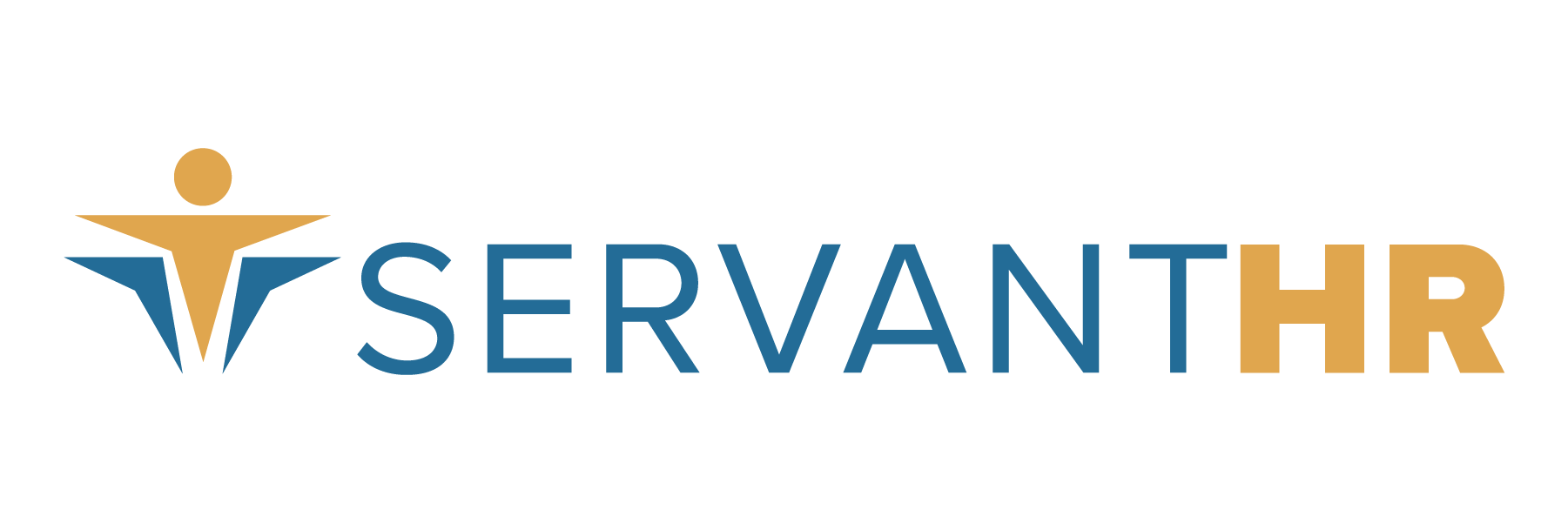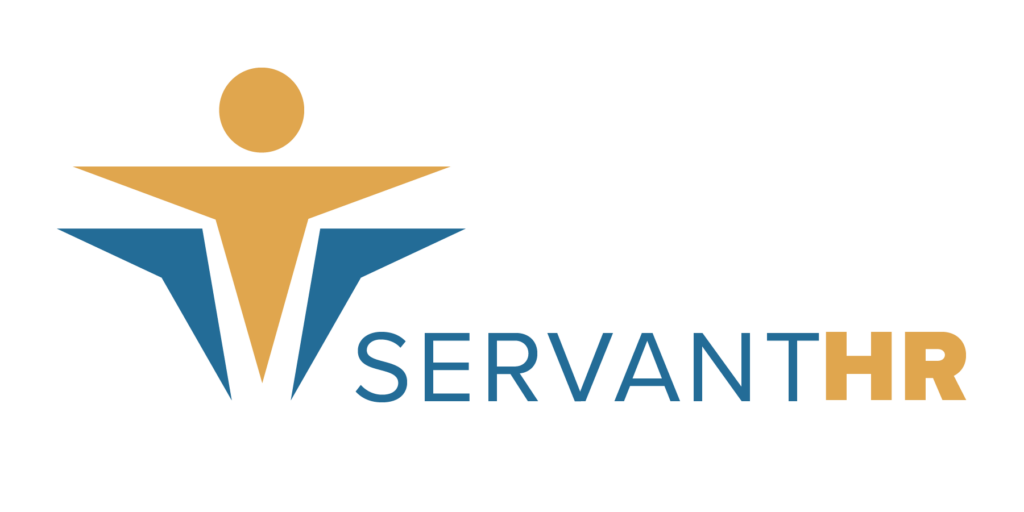
Why choose a PEO?
Partnering with a Professional Employer Organization can have a ripple effect across an entire company, offering better health benefit options, employee management and more time for business owners to spend on what they really care about—their business.




